Chinese President Xi Jinping and leaders of Kazakhstan, Kyrgyzstan, Tajikistan, Turkmenistan and Uzbekistan planted six pomegranate trees in the Friendship Valley in Xi'an on May 19 after the conclusion of the China-Central Asia Summit (C+C5 Summit) in the capital of Shaanxi Province.
Pomegranate tree is a perennial tree, in Feng Shui symbolizes resilience and steadfastness. When the pomegranate tree is in full bloom, the red pomegranates look like lanterns and are said to bring luck and fortune.
Earlier, at the first summit between China and five Central Asian countries, Chinese leader Xi Jinping promised to build more railways and other trade links with Central Asia, and proposed jointly developing oil and gas resources.
Increase influence
The two-day conference in the city of Xi'an – which runs roughly parallel to the Group of Seven summit in Hiroshima, Japan – is seen as reflecting Beijing's efforts to develop China-centric trade and security networks.
China is pushing for influence in Central Asia, a region traditionally dominated by Russia but also central to Mr Xi's signature Belt and Road Initiative (BRI).
“We need to expand economic and trade relations,” Xi said in a speech to leaders from five Central Asian countries, including Kazakhstan President Kassym-Jomart Tokayev, Kyrgyzstan President Sadyr Japarov, Tajikistan President Emomali Rahmon, Turkmenistan President Serdar Berdimuhamedov and Uzbekistan President Shavkat Mirziyoyev.
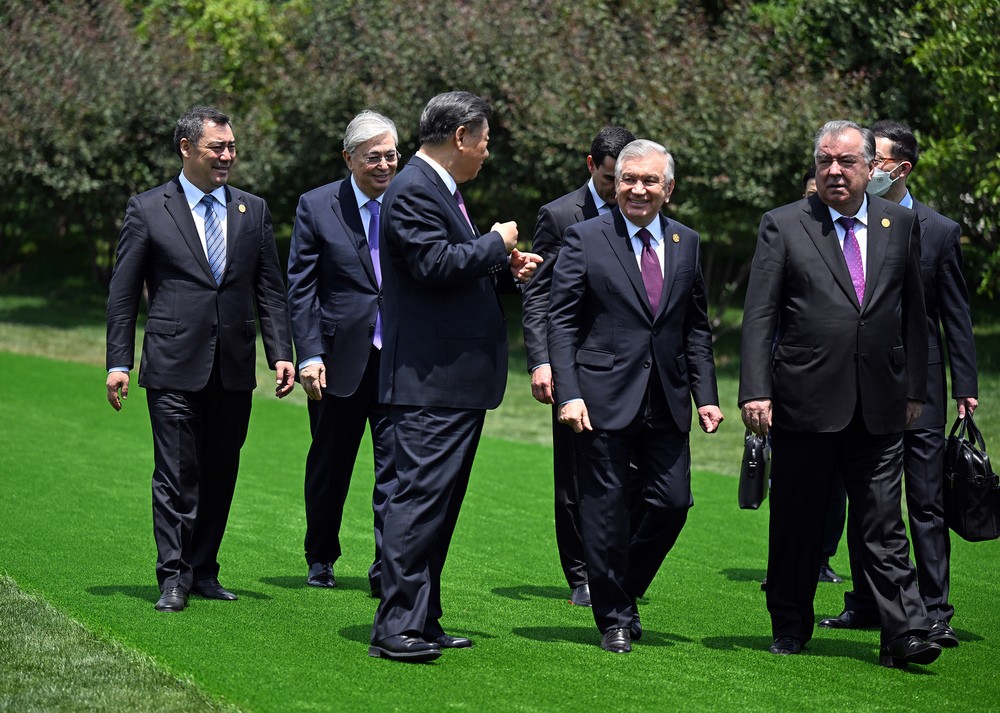
Chinese President Xi Jinping and leaders of Kazakhstan, Kyrgyzstan, Tajikistan, Turkmenistan and Uzbekistan plant pomegranate trees in Xi'an, Shaanxi Province, after the conclusion of the first China-Central Asia Summit (C+C5 Summit), May 19, 2023. Photo: Aki Press
The Chinese leader has promised to boost cross-border trade with the region by developing highways and railways, and encouraging Chinese trading companies to set up warehouses in Central Asia. Xi has also promised to simplify import procedures.
President Xi Jinping has proposed a China-Central Asia partnership to develop oil and gas resources. He said Beijing wants to speed up construction of an additional pipeline to bring more Central Asian gas to China’s energy-hungry economy and boost nuclear power.
Mr. Xi vowed to help Central Asian governments strengthen security, defense and counterterrorism, and “jointly promote peace ” in Afghanistan – a country that is not in the region but is right next door to Central Asia.
Beijing has previously announced plans to set up a regional counter-terrorism center to train Central Asian security forces.
“We should not tolerate the three forces, including terrorism, separatism and extremism,” Mr. Xi said.
Common interests
Ahead of the C+C5 Conference, on May 17, the General Administration of Customs of China released data showing that China's import and export volume with Central Asian countries reached 173.05 billion yuan (24.8 billion USD) in the first four months of 2023, up 37.3% year-on-year.
According to Chinese state media, about 55% of the country's imports from Central Asia are energy products such as coal, crude oil and gas.
Although China is strengthening ties with former Soviet republics, some analysts say Beijing's influence in the region does not mean Moscow is less important.
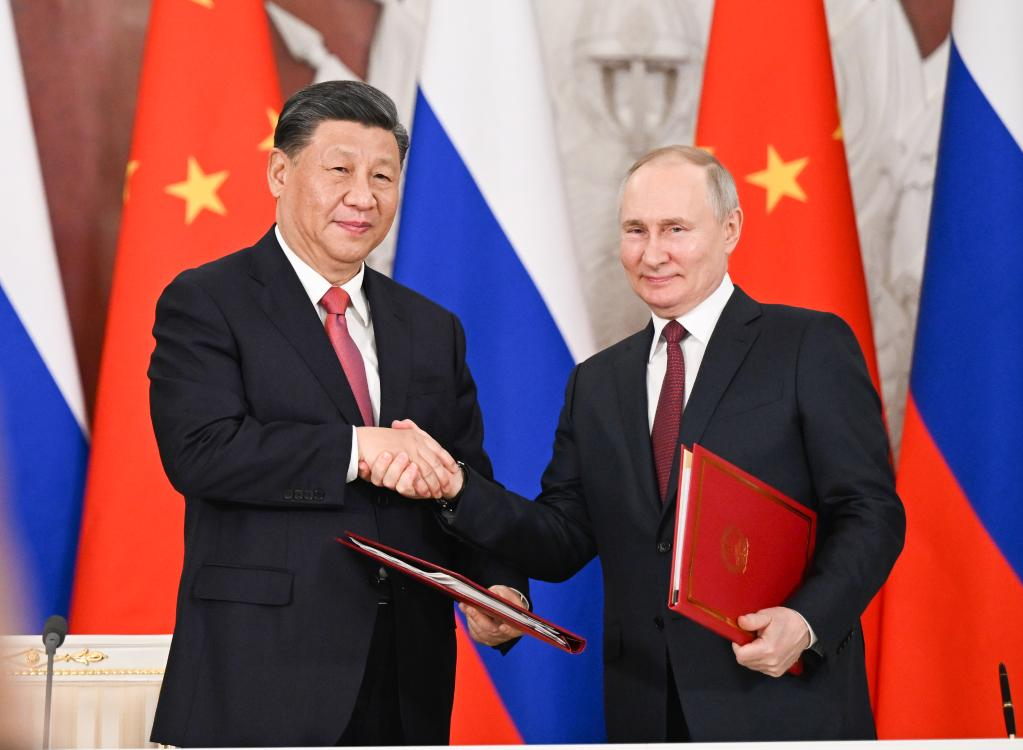
Chinese President Xi Jinping and Russian President Vladimir Putin shake hands after signing joint statements in Moscow, Russia, March 21, 2023. Photo: Xinhua
China and Russia agreed to establish an “unlimited” partnership early last year, less than three weeks before Russia launched its military campaign in Ukraine.
More recently, in March, Mr. Xi Jinping traveled to Moscow, where he met with Russian President Vladimir Putin and signed an agreement to move their relationship into a “new era” of cooperation.
“Central Asia has been in a complicated geopolitical environment for 30 years. One of the reasons why countries in the region have been able to thrive despite many unstable factors is that China and Russia have worked together to maintain safety and stability in the region. China and Russia have common interests in this regard,” Li Yongquan, director of Eurasian studies at the Development Research Center of the State Council, told the Global Times on May 18 .
Minh Duc (According to AP, CGTN, Al Jazeera)
Source


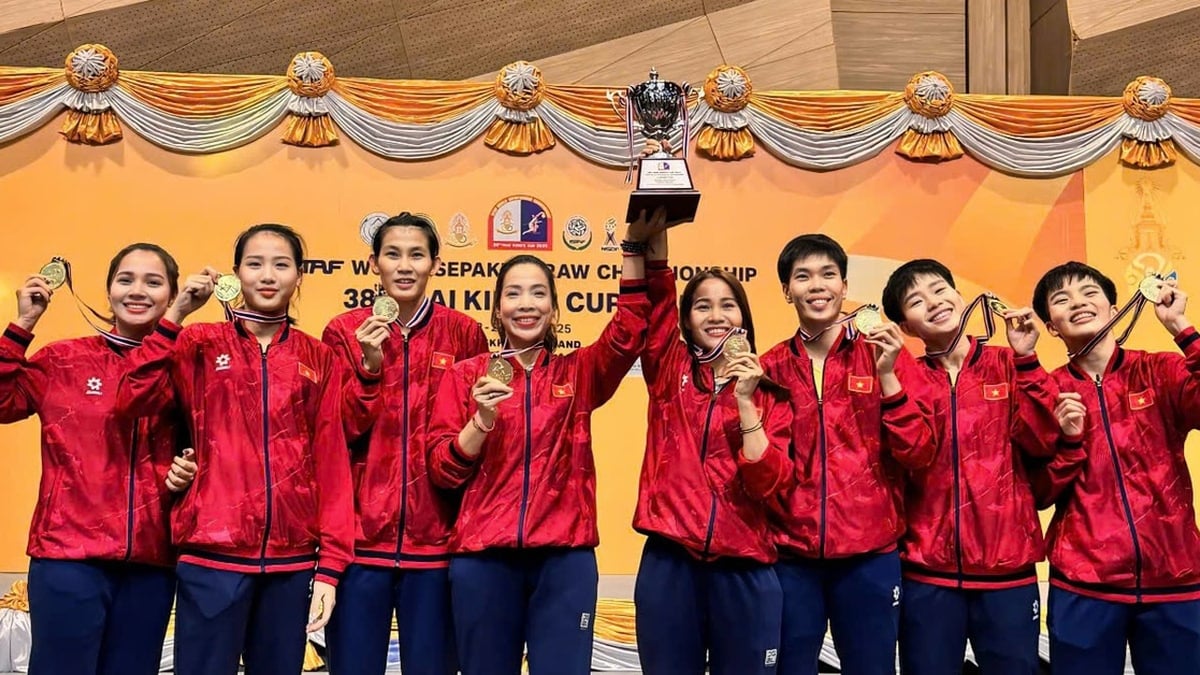
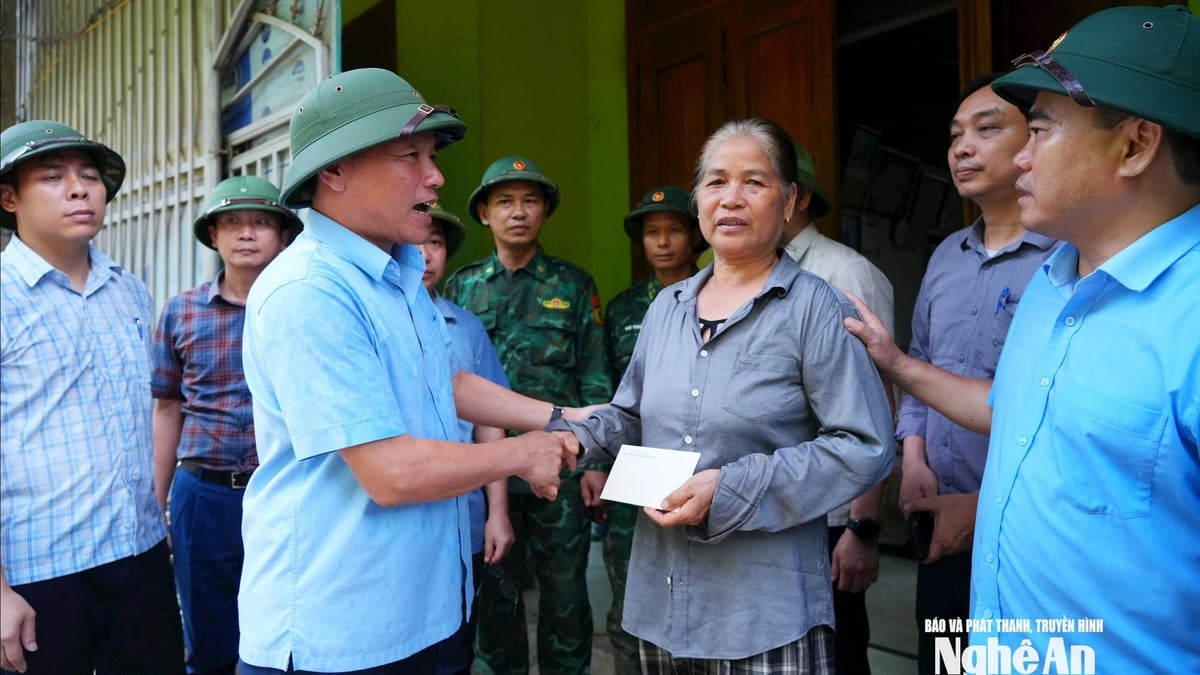
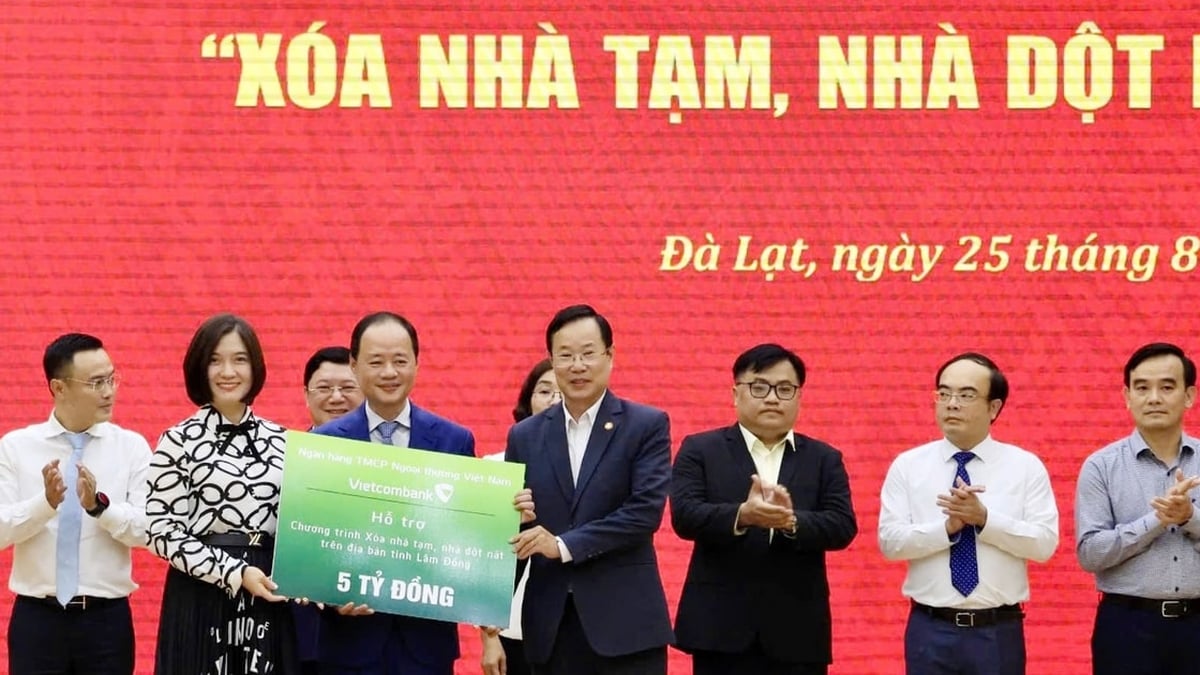


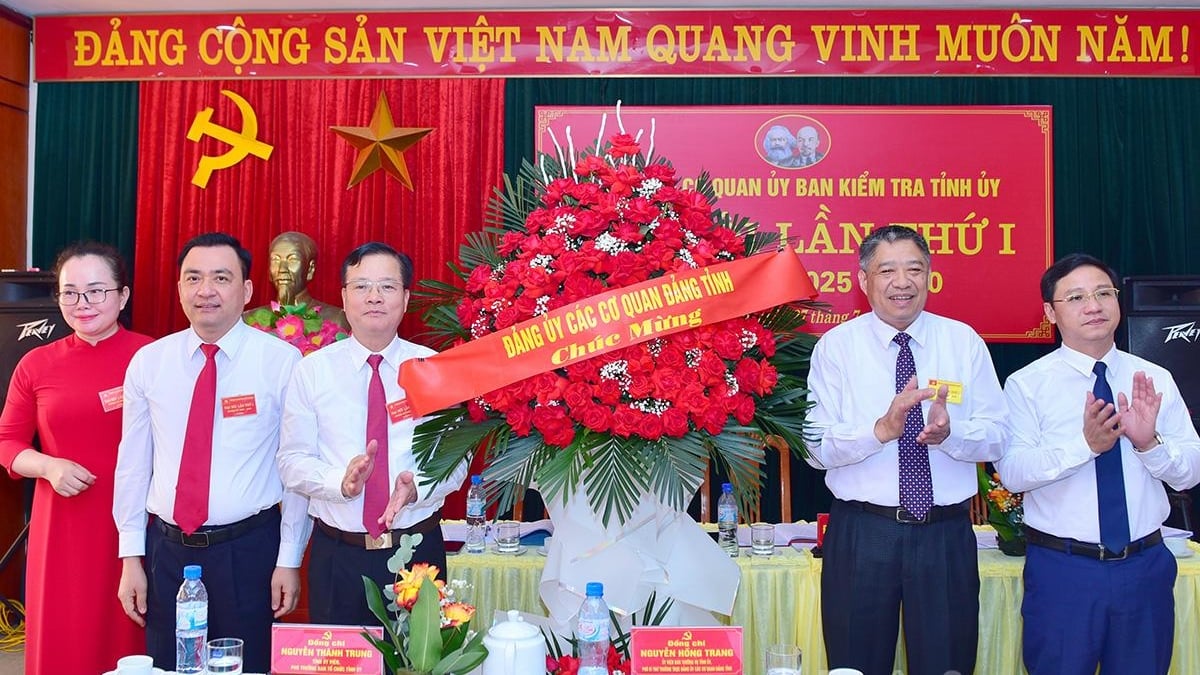


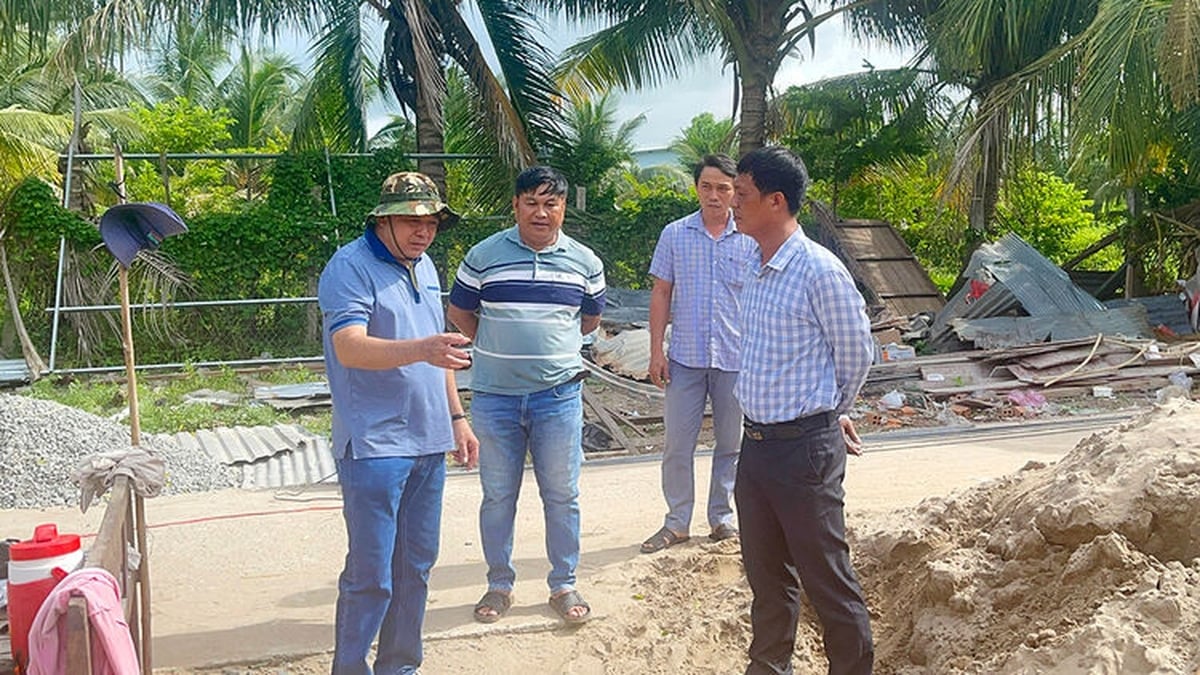
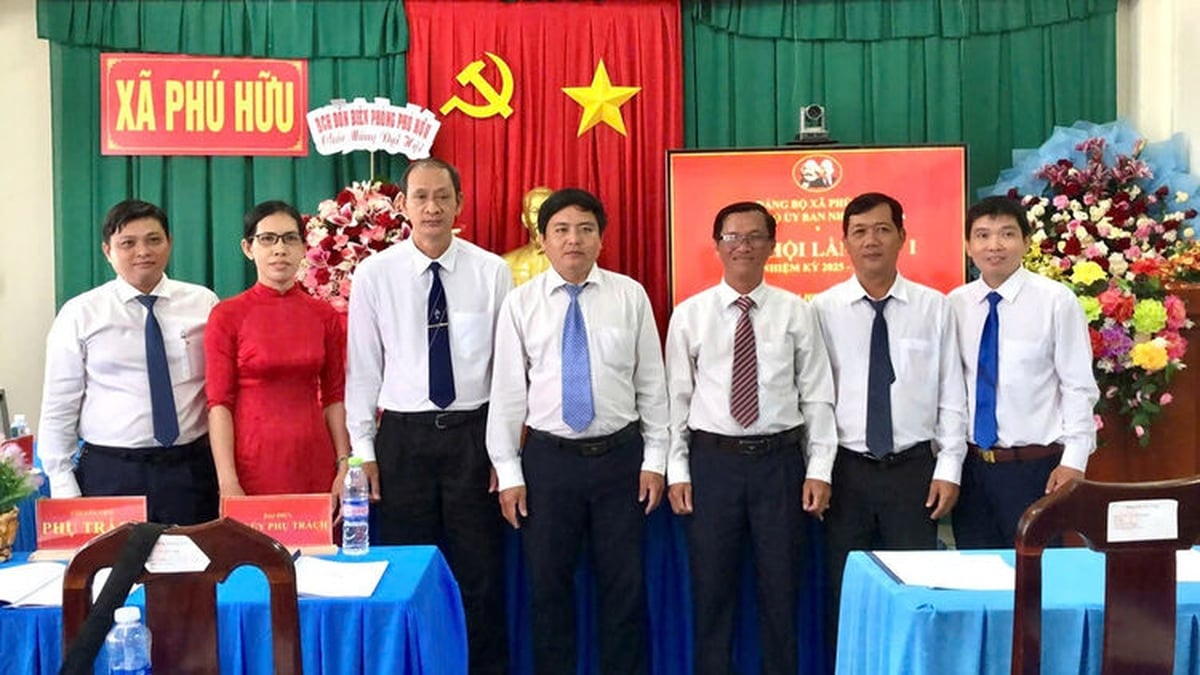























































































Comment (0)